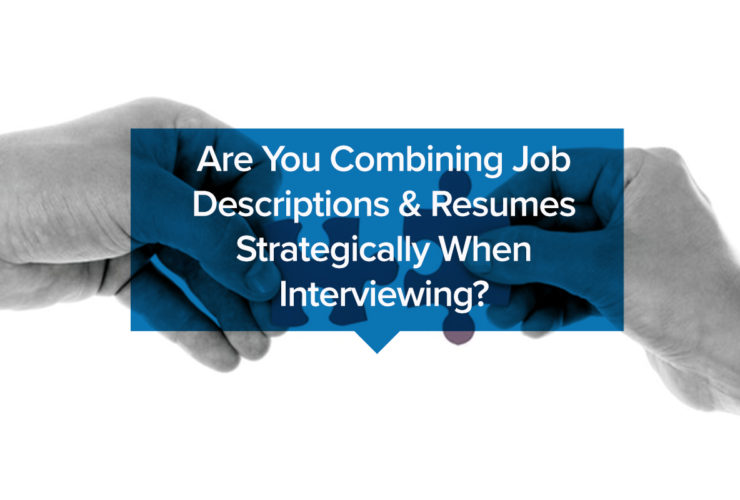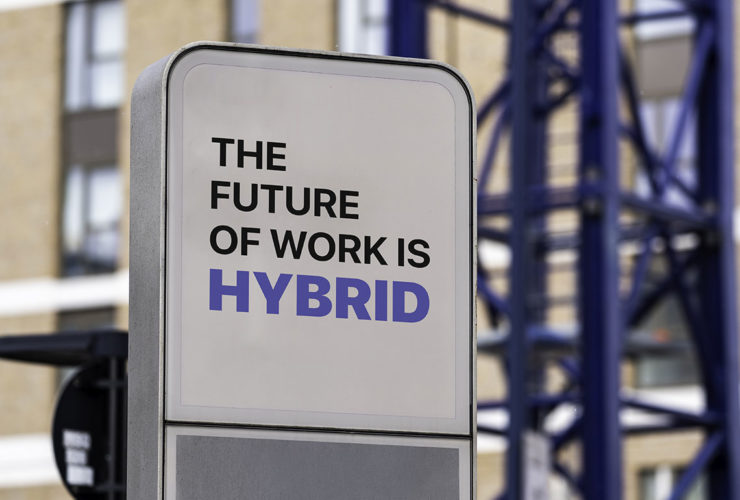The pandemic forced many people to shelter in place. But out of the lockdowns came a stark realization — people can still work even without coming to the office. Now, how people see work has changed as remote work setups become more of a norm than an exemption post-COVID-19.
Still, there’s no question that office spaces and face-to-face work interactions matter. So companies are now starting to push for a hybrid work setup. Even in financial services and fintech, hybrid working setups are now coming into place.
In one survey in December 2020, only 20% of financial services employees wanted to be in the office three or more days a week.
Work-from-home setups as part of employee demands
For many financial services employees, hybrid work isn’t an option. It’s an ultimatum. In fact, 51% of employees said they want a hybrid work setup. Thirty-three percent of them were willing to quit if they are required to work onsite full-time. This trend means companies should start planning for hybrid work if they want to avoid a diaspora.
It won’t be long before more job applicants make hybrid work criteria for companies to work for. In preparation for this, human resource departments and management should start thinking about how hybrid work ties into the employee handbook and set that in stone for the foreseeable future.
Cloud-based tools are a prerequisite
It’s nearly impossible to operate remotely without cloud-based software. These services allow employees to communicate and collaborate virtually when they aren’t all in one place. Today, recruiters for companies with hybrid work arrangements will need to assess an applicant’s knowledge of cloud-based services during the screening process.
Companies should determine what cloud tools they’ll use for project management, chat communication, file sharing, and so on. Many of these tools should be easy to learn, but it’s vital to make it clear from the beginning of an employee’s journey with the company to avoid any concerns with usage. Accordingly, fintech companies will need to roll out these softwares for one hundred percent compliance if they want to thrive with a hybrid work setup.
New human resource skills
Many people today ask the question, “What degree do I need for human resources?” And it used to be that skills in HR used to have administrative and people skills as part of the development route for future HR professionals. But now, there are technical skills that come with the job.
Human resource coordinators will need to learn how to use digital tools to carry out their tasks effectively in hybrid work setups. Some categories of HR tools will include digital time trackers, company intranet, enterprise resource planning systems, and many others.
Online client onboarding
As financial services and fintech companies adopt a hybrid workplace model, client onboarding processes will also shift online. KYC and AMLC compliances will have to be done online. Finance institutions and businesses will also need to start using tools for digital signing to get client approvals.
Digitized client onboarding depends a lot on artificial intelligence, and those automations will only improve with time. Therefore, employees in charge of onboarding should start becoming more familiar with these processes if they want to stay relevant in the new normal.
Determining which roles to do in-person
The main reason why companies would opt for a hybrid setup instead of a fully remote one is that some roles are much better done in person. But which tasks should be done online and offline? Answering that will be a tipping point for many fintech companies.
Generally, more socially inclined tasks should be done offline, such as team building and socializing. Diversity and inclusion conversations have also been on the rise, and fixing issues around those are better done in person and not over a Zoom call or chat. Other tasks and roles that will need face-to-face interaction and determining those should be a priority.
Work-from-home productivity training
With work-from-home setups comes the challenge of keeping staff productive even when they aren’t in the office. Some studies show that many staff members find themselves more productive when working from home, but it’s not unanimous. Some struggle with hybrid work productivity. So human resource managers should also consider productivity training programs for hybrid work. Some good training will include how to prioritize tasks, keeping a good work environment at home, self-management and so on.
If you fail to plan, you plan to fail
Hybrid work arrangements are not a walk in the park. Accordingly, it takes a lot of planning to have the proper setup before fully implementing it. Unfortunately, 68% of employers still don’t have a plan in place for hybrid working.
There’s no question that the future of work will be hybrid in fintech and other industries too. So, leaders should start planning for it to remain relevant and progressive in the years to come.
The hybrid workplace model will significantly mold how fintech and financial services companies will operate in the years to come. But how? Here are a few ways.

Amanda Cole, Vice President at eTeki
Amanda Cole has more than 20 years of experience developing innovative programs staffed by non-traditional workforce’s including freelancers, paid & unpaid interns, boards of directors, special event volunteers, and skill-based volunteer programs. The annual value of services rendered for the largest programs exceeded $18M. She is a communications professional with superior facilitation and training skills, an engaging public speaking presence, and a fanatic about synergistic business relationships.







